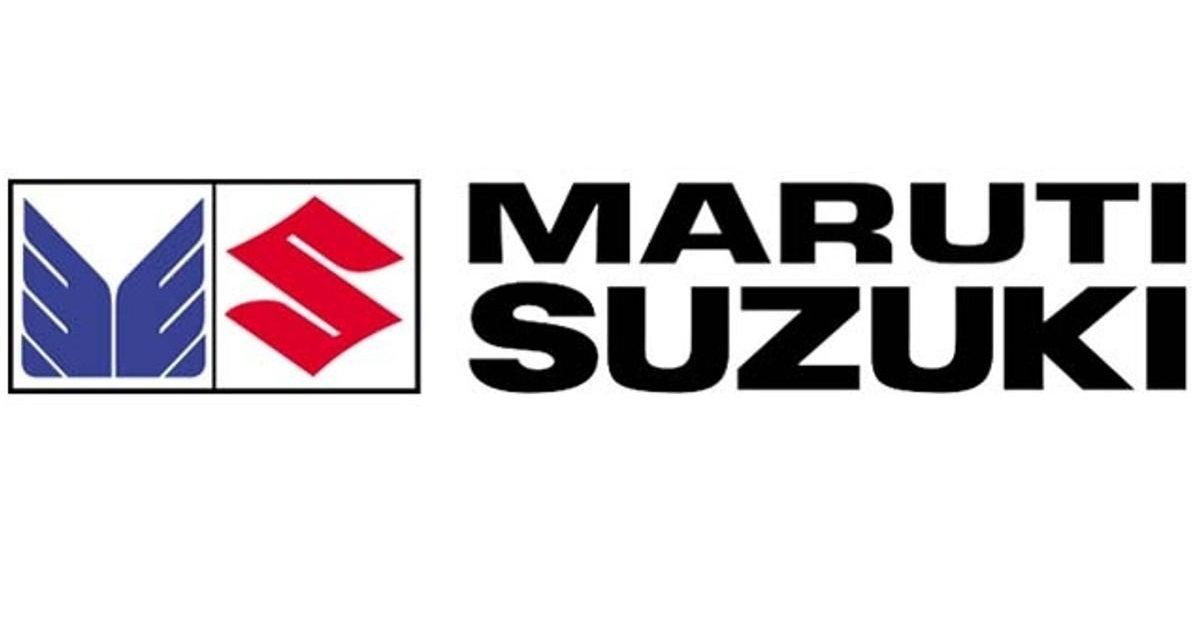The chips were down for Maruti Suzuki India Ltd in the September quarter. The twin impact of global semi-conductor shortage and rising input costs was writ large on the automobile company’s profitability. The automaker couldn’t produce an estimated 116,000 vehicles during the quarter due to the chip shortage, it said in its exchange filing. Ergo, the company’s sales volume at 379,541 was 3.4% down from a year ago.
To be sure, the volumes have grown sequentially from 353,614 units during the June quarter. A silver lining was that the company could export 59,408 units which is a 162% growth year-on-year (y-o-y). Given the support from exports, the company managed to grow its sales revenue by 9% to ₹19,297.8 crore. under pressure
Lower volumes brought down the operating leverage of Maruti. The company’s Ebitda more than halved to ₹860 crore for the reported quarter, compared with the corresponding period a year ago. Ebitda is earnings before interest, tax, depreciation and amortization. The company’s Ebit margin was down to a mere 0.5% for the September quarter from a healthy 6.6% a year ago.
Yet another trouble for Maruti’s margins was input costs. The company said the second quarter was marked by an unprecedented increase in the prices of commodities such as steel, aluminium and precious metals within a span of one year. To be sure, Maruti hiked prices to pass on some of these rising costs to the consumer. That said, the company’s efforts weren’t enough to prevent a hit on margins.
Even though Maruti’s performance has been weak for the reported quarter, analysts believe there are some upsides too. Operating margins have improved on a sequential basis. Commodity prices have shown tentative signs of cooling which should augur well for margins going forward. Most importantly, it is clear that the company would benefit from a demand surge once the chip shortage eases.
Maruti Suzuki had more than 200,000 pending customer orders at the end of the quarter, and the company said it is making all efforts to expedite deliveries. Indeed, demand for passenger vehicles (PV) is encouraging given the need for personal mobility ever since the pandemic hit last year.
Mitul Shah, head of research at Reliance Securities, expects domestic PV industry to record double-digit volume growth in FY23 and FY24, which would support the company’s business. In view of expected healthy PV sales over the next 2 years owing to low penetration and rising affordability, strong products portfolio across markets, strong return ratio and healthy balance sheet, analysts maintain a positive view on Maruti.
Maruti is also aiming to ramp up exports. It is witnessing strong sales growth in the African subcontinent led by utilizations of its global partner Toyota’s network. Half of the exports volume demand during the quarter was from the African sub-continent. Meanwhile, new launches and progress in electric vehicles could also keep investors interested. Analysts expect the company to leverage its partnership with Japanese automaker Toyota to grow its electric vehicles portfolio.
For now, the company is eyeing benefits from growth in the CNG segments. Maruti has a high market share in CNG variants, point out analysts. The run-up in petrol and diesel prices has prompted the company to focus on the CNG segment more.
Analysts say that new SUV launches will remain closely watched. The company’s shares have been under pressure ever since the chip shortage began several months ago.
Shares of Maruti have underperformed the sector index and the broad Nifty over the past six months. Against a 22% gain in the Nifty and a 15% rise in the Nifty Auto index, Maruti’s shares have gained just 12%.
Much of the negatives were priced in, which explains the muted reaction of the stock on Wednesday post release of the September-quarter earnings. Going ahead, the company’s efforts to weather the chip shortage and input costs would determine how investors view its valuations.
Source : Business Journal








